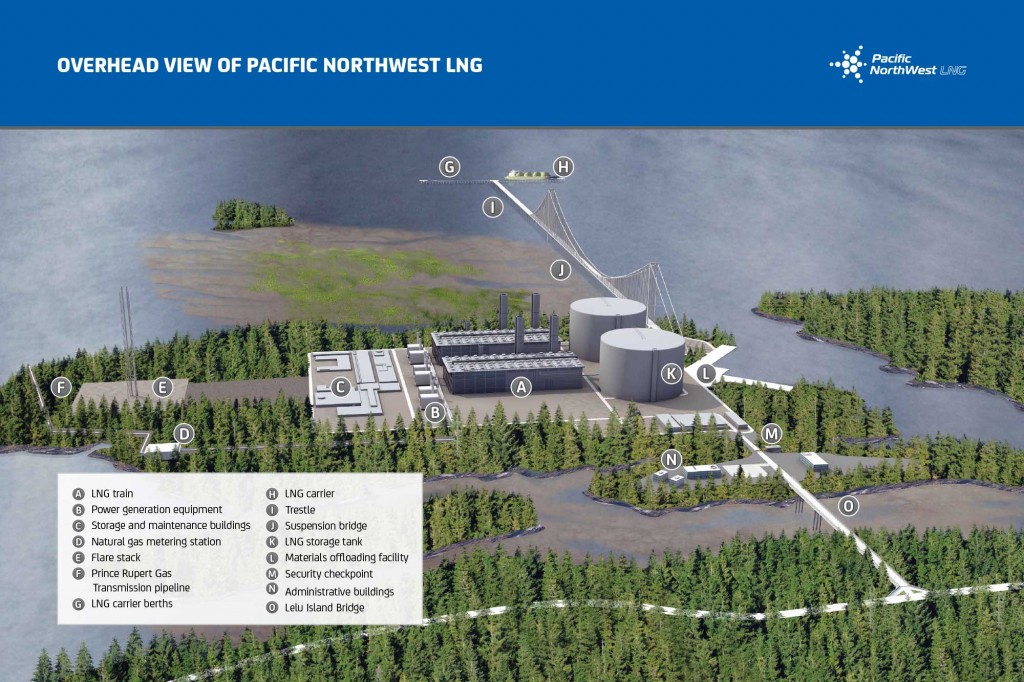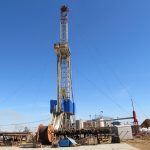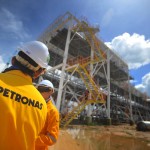Groups plan to file lawsuits to stop BC LNG
First Nations groups are planning to sue the federal government and the majority stake-owner of the Pacific NorthWest LNG project, Petronas, in order to halt the project on British Columbia’s northern coast.
The $36 billion project includes a pipeline and terminal, and was conditionally approved by Canada’s federal government last month after a three-year environmental assessment. The conditional approval included 190 conditions.
The approval is a major test for Canada’s Liberal Party, which is juggling the concerns of an energy industry suffering from low oil prices, and environmental groups which Prime Minister Justin Trudeau courted during last year’s election. The legal challenge also presents another major obstacle for the project, which has continued forward despite the fall in natural gas prices and years of delays.
The federal government still stands by the project, reports Reuters. “This project underwent a three-year rigorous and thorough science-based process that evaluated and incorporated mitigation measures that will minimize the environmental impacts,” said Caitlin Workman, a spokeswoman for Environment Minister Catherine McKenna.
Environmental groups said that was still not enough, however, and aboriginal groups say they were not meaningfully consulted during the process.
“They totally ignored whatever we put forward to them,” Glen Williams, chief negotiator of the Gitanyow Hereditary Chiefs said regarding salmon destruction and climate change.
Lawsuits from First Nation groups in Canada are becoming an increasingly prevalent tool for stopping oil and gas developments. In June, The Federal Court of Appeal overturned the approval for Enbridge Inc’s (ticker: ENB) Northern Gateway oil pipeline, saying the government failed in its duty to consult with aboriginal groups.
Williams said this lawsuit would rely heavily on the precedent set in the Enbridge case. “[The lawsuits] put the project at extreme risk,” he emphasized.
“The indigenous claims are tending to see more success [than the environmental claims], said Canada Research Chair of Indigenous Rights at the University of Saskatchewan Dwight Newman, “but in part that’s because the law is less defined and because indigenous communities have constitutional rights.”
But some First Nations groups want the large oil and gas projects for revenues
The Vancouver Sun reported earlier this month that 40 B.C. aboriginal groups “have quietly submitted supportive letters as Kinder Morgan and Enbridge tried to overcome controversy while seeking approval for their oilsands pipelines.”
The letters of support challenge the recent claim by a coalition of North American First Nation leaders, including Stewart Philip of the Union of B.C. Indian Chiefs, who said there is “unprecedented unity” against the Kinder Morgan TransMountain and Enbridge Northern Gateway.
“As the old saying goes, we’re open for business,” said Chief Fred Seymour of the Tk’emlúps te Secwépemc First Nation in Kamloops, the Sun reported.







